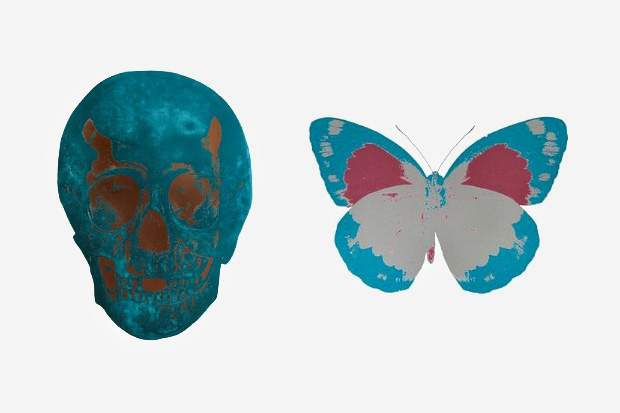Damien Hirst: The Dead and The Souls
Infamous for his wealth, celebrity and record-breaking auction prices, Damien Hirst has become the poster boy for British art.
Overview
Infamous for his wealth, celebrity and his record-breaking, bank-breaking auction prices, Damien Hirst has become somewhat the poster boy for British Art of his era. Rarely shown in this country, Auckland audiences will be treated to an exhibition of his work at Gow Langsford Gallery this winter.
Although it may be difficult not to mention money when talking about Hirst, the exhibition The Dead and The Souls brings together a selection of editioned works, as well as some impressive originals, which will appeal to those with pockets shallower than Charles Saatchi's.
The Dead (2009) and The Souls (2010) envelop several of Hirst's well known concerns; death and life, beauty and desire with a dynamism typical of Hirst's work. In The Souls butterflies, as symbols for both the beauty of life and its impermanence, become metaphors for faith and death, while the skull imagery in The Dead make overt reference to mortality. Laid out like museum specimens and more or less anatomically correct Hirst has beautified his subjects through the use of block foil printing.
As well as the two collections above, he will be showcasing several of Hirst's sculptural Spin Skull works, three butterfly paintings and the impressive original, Beautiful Apollo Idealisation Painting.





